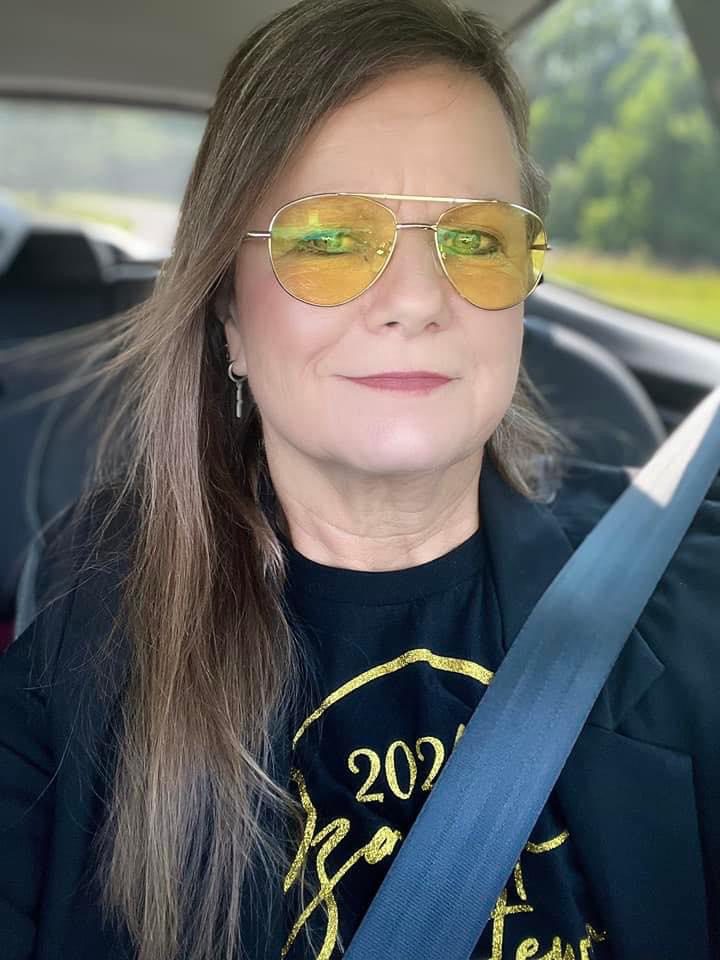WEEK TWO
Community Matters
The Nature of Nonprofit Organizations
The nonprofit sector is formidable and plays an essential role in the economic and social services delivery systems to address wicked problems. Wicked problems are complex social or cultural problems with an unknown number of potential solutions with limited, often confusing, or contradictory information requiring diverse stakeholders to work together to solve the problem. The problems are often interconnected with other social challenges. For instance, hunger can affect a child’s ability to learn at school, and homelessness significantly stresses government and social programs, including education and healthcare systems. On a local and global scale, poverty, food scarcity, education equality, teenage pregnancy, drug abuse, healthcare, homelessness, immigration stress, civil rights, gender inequality, and sustainability can be wicked problems. When addressing wicked problems, regardless of the scale, we—the citizenry—the community—work together for the community’s common good. In community, we have the opportunity to solve wicked problems, make a significant impact, and therefore make a real difference in the social fabric of our community. Working together is about participating in community by contributing one’s intelligence, time, resources, and skills. It also involves deciding the nature and form of one’s contribution.
The fundamental belief in the democratic ideal whereby all ideas have potential merit, with organizational forms to fulfill these ideas, was noted by Alexis de Tocqueville in Democracy in America circa 1835. As of July 11, 2022, the United States Internal Revenue Service (IRS) recorded 1,849,965 registered nonprofit organizations in the United States, Puerto Rico, the District of Columbia, Washington, D.C., and international nonprofit organizations giving validity to de Tocqueville’s findings. The number of nonprofit organizations sanctioned by the IRS speaks to the swelling emergence of nonprofit organizations to address the wicked problems a community may face. By the numbers in 2016, the nonprofit sector accounted for 12 million jobs. In 2019 the nonprofit sector received $449.64 billion in charitable contributions, and in the first quarter of 2022, the nonprofit sector contributed $1.4 trillion to the economic base of the United States.
As a sector, nonprofit organizations encompass global concerns like human rights, humanitarian aid, access to medical aid and supplies, reducing child mortality, promoting gender equality and empowerment of women, and human trafficking and other wicked problems, as noted previously. In addition, the sector addresses environmental issues like forestry, the environment, waterways, and preserving ecosystems are also at the forefront of the nonprofit sector. The sector also encompasses causes like disparity of resources, food insecurity, social delivery systems, sustainability, and many varying social justice and other causes. The sustainability of the nonprofit sector is so essential that The United Nations Economic and Social Council’s agenda through 2030 is sustainable development—economic, social, and environmental.
According to the United Nations, civil organizations or non-governmental organizations is any nonprofit or voluntary citizen’s group organization on a local, national, or international level. In the United States, non-governmental entities organized to provide services or pursue a mission without earning a profit are classified as nonprofit organizations. And, often, the words nonprofit and tax-exempt are used interchangeably. A 2019 report released by the National Council of Nonprofits captures the essence of tax-exempt organizations in the United States:
Congress has created almost three dozen types of tax-exempt organizations in different sections of the tax code. These include Section 501(c)(4) (social welfare organizations, homeowners’ associations, and volunteer fire companies), Section 501(c)(5) (includes labor unions), Section 501(c)(6) (includes chambers of commerce), and Section 501(k) (childcare organizations). Each section identifies certain conditions that must be met to be exempt from paying federal income taxes. The one common condition is not paying out profits (“no part of the organization’s net earnings can inure to the benefit of any private shareholder or individual”); hence the term, “nonprofit.” Section 501(c)(3) of the tax code refers to “public charities” (also known as charitable nonprofits) and “private foundations.” The tax code considers “churches and religious organizations” (which the IRS defines to include mosques, synagogues, temples, and other houses of worship) to be “public charities.”
While each category has distinct legal and tax structures, the most notable characteristic of a nonprofit organization is that it cannot distribute its earnings to the individuals who control it. Moreover, nonprofit organizations do not have private owners or shareholders who benefit personally from the organization’s activities. Incorporated as tax-exempt entities under Section 501(c) of the Internal Revenue Code, these organizations can represent charitable organizations, churches and religious organizations, private foundations, and political organizations and can be classified under a broader term as social welfare organizations, civic leagues, social clubs, labor organizations, and business leagues (IRS.GOV). Names for the sector include human service organizations, the third sector, civil society, community-based organizations (CBOs), nonprofit organizations, non-governmental organizations or NGOs, and voluntary action associations. In this series, nonprofit organizations refer to 501(c)3 organizations that collectively, in community, serve the common good and work toward solving the wicked problems in their community. Next week we will consider why nonprofit organizations are so important in our communities as they organize to serve the common good because community matters.
In Community,
Dr. Pat
Dr. Patricia A. Clary is a syndicated columnist who consults with nonprofit and business sector partnerships that promote strategic community impact agendas to solve complex societal issues through governance, collaboration, and convening leadership. Connect with Dr. Clary patriciaclary.com, follow her on LinkedIn https://www.linkedin.com/in/pat-clary/, Facebook PatriciaAClaryPhD, or at patclary6776@gmail.com. ©2023 All Rights Reserved.

Cathy Drew is a lifelong resident of the region that she loves to promote. She was born in downtown Batesville in the late ’60s, located in one of the eight counties she now enjoys encouraging people to visit.
Drew became associated with the Ozark Gateway Region in 1990 while working at the ad agency (The Media Market Inc.). The agency handled marketing for the regional association, where she and her co-workers produced an annual tabloid publication. She began working as the Ozark Gateway Region director in June 2000.
After Drew became director, she took the region to the next level by helping the tourism organization create a new website and moved it from the old newspaper paper tabloid publication to a color magazine format. She helped open a visitor center for the Ozark Gateway, allowing visitors to pick up information from the entire state 24/7. Over the years, Drew has helped the organization meet new marketing goals, such as in- and out-of-state marketing, assuring that all 100,000 copies of their magazines are distributed each year.
In 2016, she assisted in creating the first Ozark Gateway Region Golf Classic. The tournament continues to grow each year, allowing the organization to expand its co-op program and helping each county have dedicated promotion. Drew stays busy at Ozark Gateway as the ad sales manager, magazine editor, day-to-day office operations, trade show representative, and magazine distribution representative, all while ensuring that the region is represented all over Arkansas and southern Missouri.
Drew was featured in several local and statewide publications over the years, as well as the 1997 cover of the Ozark Gateway Region tabloid, along with her then 4-year-old son, Jon. She has received several awards, such as the Batesville Rotarian of the Year in 2010 and a three-time Paul Harris Fellow.
She also has served as an Independence County election commissioner for several years. She now serves as their co-election coordinator, helping with behind-the-scenes management of voting equipment, day-to-day election deadlines, and poll worker training.
Drew is Batesville Rotary Club Past President, and is the Rotary Clubs’ current membership chair.
In March of 2018, Drew was honored with induction into the Arkansas Tourism Hall of Fame for her many years of dedicated service to the tourism industry.


